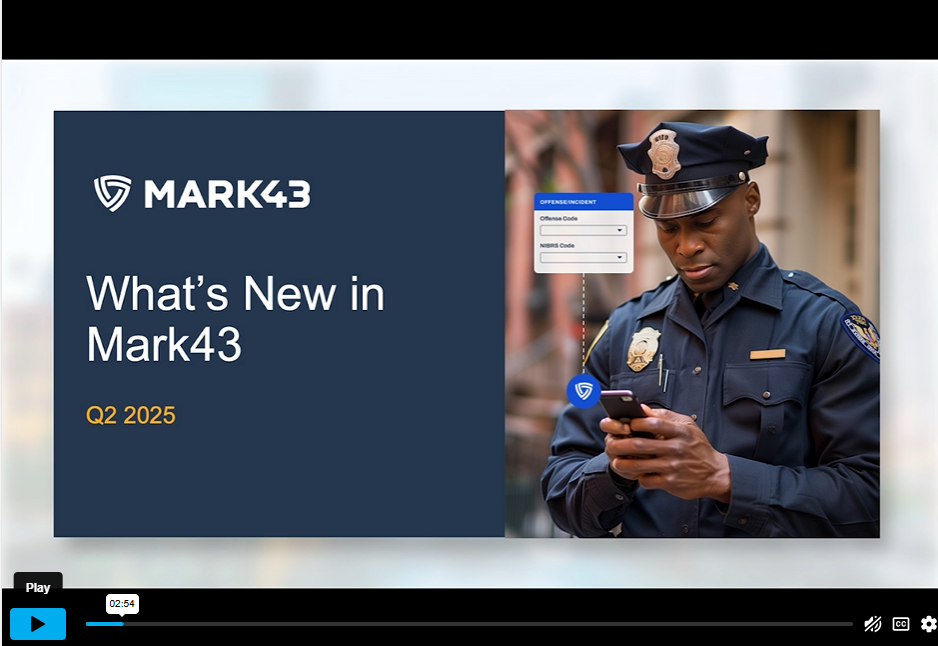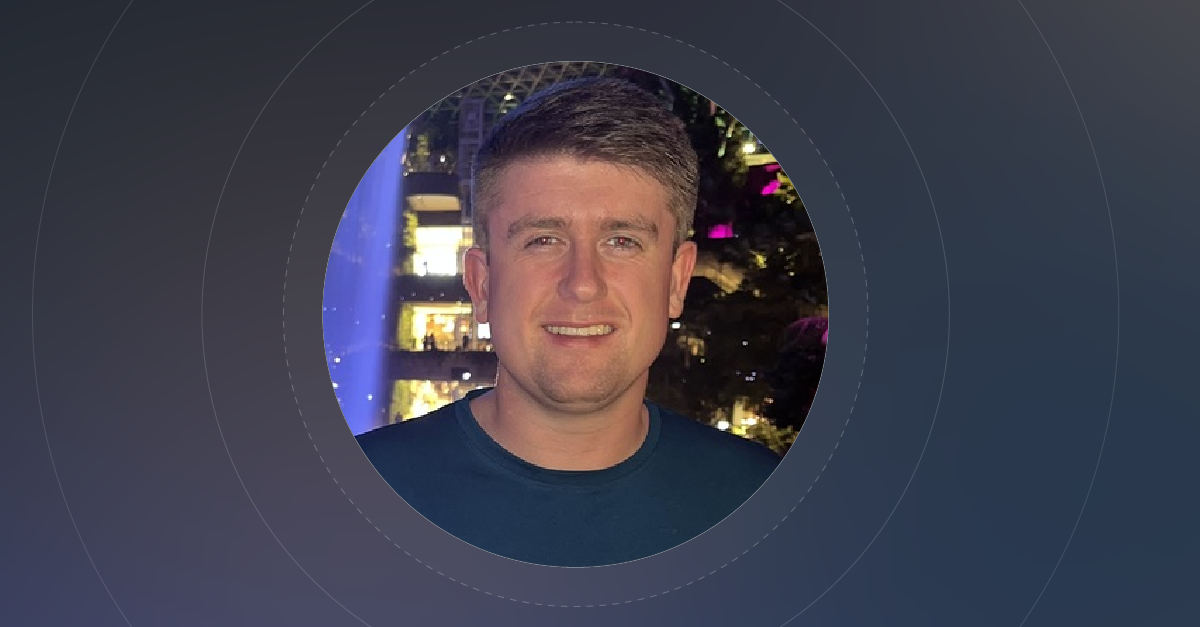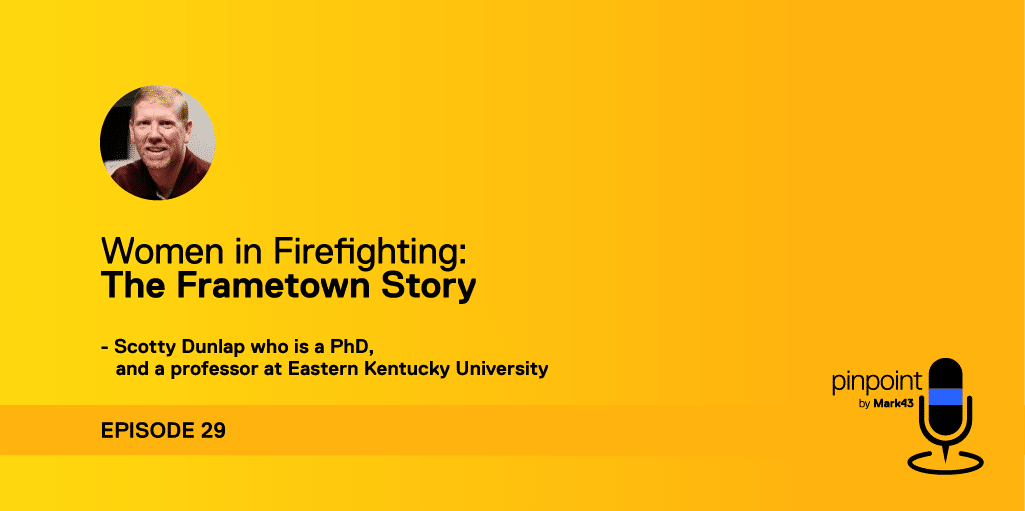
It’s no secret that in most of the country, firefighting is a largely male-dominated occupation. In fact, nationally women compromise only 11% of the volunteer fire service.
[popup_trigger id=”1576″ tag=”pinpoint”]
[/popup_trigger]
But not so in Frametown, West Virginia. In fact, in Frametown, the volunteer fire service is nearly 60% composed of females.
This caught the attention of our guest on this episode of Pinpoint, Scotty Dunlap, who is a PhD, and a professor at Eastern Kentucky University.
Scotty was curious not only about why this fire department was made up of such a high number of women, but wanted to hear their stories, and help other fire departments around the country learn to implement their strategies.
What’s Happening in Frametown?
Initially, Scotty had heard of Frametown and thought, like any college professor, that he would visit, conduct some interviews, compile the information, and publish an article.
But as he got further into the research, he began to ask questions. He toyed with the idea of writing a book as a result of his interviews.
That idea led into doing video recording of the interviews and making a documentary.
So instead of heading to Frametown by himself with an audio recorder, he found himself with a producer and a camera crew, headed to hear all the stories they possibly could behind this volunteer fire department that were doing incredible things.
Round 1
Scotty assumed that, while this was an interesting story, that it was going to be a quick process. He’d conduct the interviews, then come home and comb through the footage and begin to assemble something cohesive.
But that first trip left something to be desired.
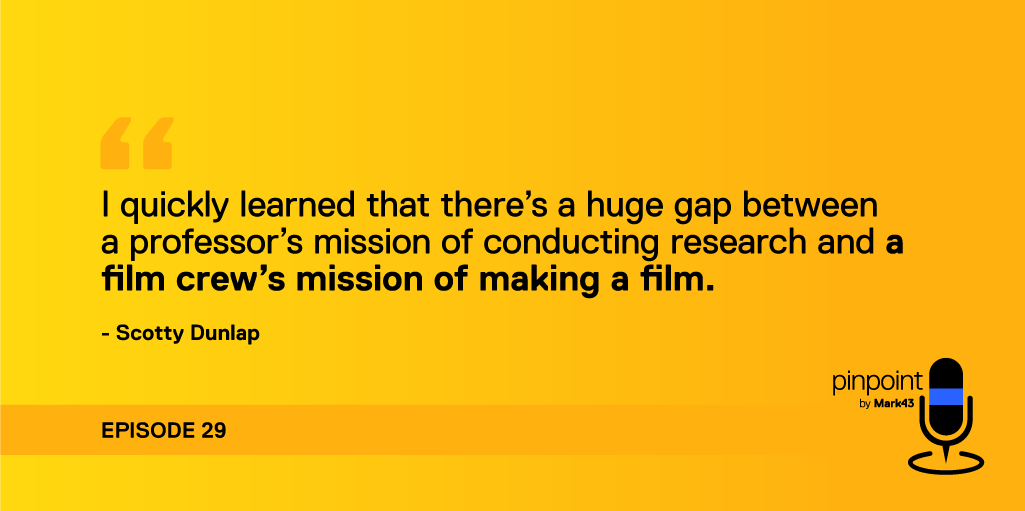
He simply didn’t feel like the stories were deep enough. They had asked standard questions like, “What brought you to the Frametown Fire Department?” and “Why do you stay?”
So he scheduled 2 more trips.
Round 2
If the first trip was factual, the second and third trips were more focused on digging deeper. On finding out the “why” behind the questions. On digging into the stories and really getting to know the people behind them.
For instance, he learned that there were actually 3 generations of a family in the Frametown fire service. A grandmother, her daughter, and her granddaughter. He wanted to know how that happens? What drove them all to join? Did it put strains on the familial relationships between them?
Why the Discrepancy?
The question kept coming up: why was it so lopsided compared to the rest of the country in terms of women’s participation?
As it turns out, it wasn’t always the pillar of equality that it is now.
In fact, years prior, there was a split in the fire department over the number of women that were involved. Some of the men weren’t comfortable with such a large number of women coming into the fold, so they split off and formed their own department.
Which left a fire department composed mostly of women, and the men who weren’t threatened or intimidated by them.
They’re Not Gender Blind
This doesn’t mean they don’t’ see gender, or notice the differences between the men and women in the department.
There is a stereotype that women are more compassionate than men, and a lot of the women in the department did mention that they felt like it gave them an advantage. They’re able to respond in a different way. Maybe they can comfort children after an auto accident in ways that the men might not be able to.
A True Family
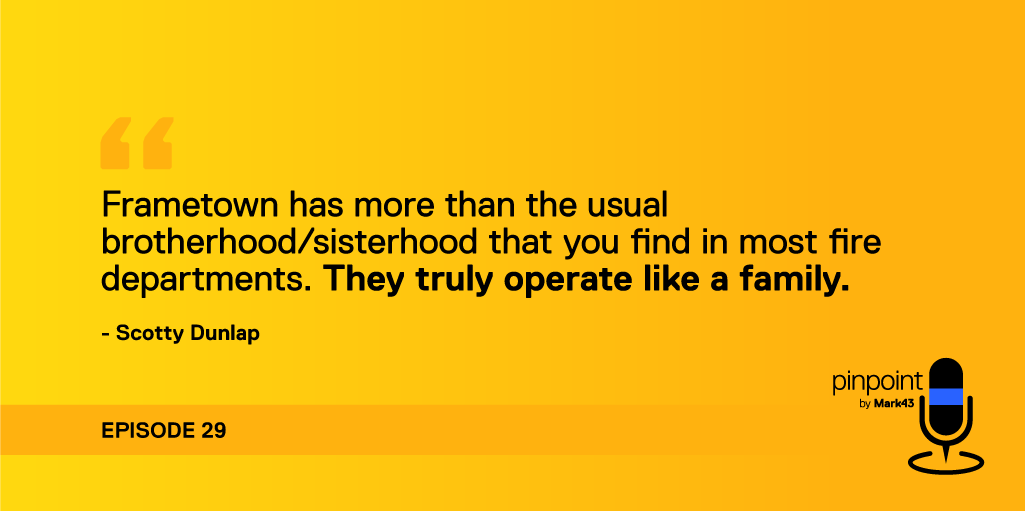
While fire service is known to have a very tight knit bond, Frametown seems to go beyond that brotherhood or sisterhood.
They truly operate like a family. They look out for one another’s needs, and provide for one another in ways that few others do.
How Do I Institute This in My Department?
The easy answer? Education and training.
The much more difficult and much more true answer?
Culture shift.
There does seem to be a “tough guy” persona within fire departments, and even women can feel like they need to fit that mold.
But in Frametown, they don’t do labels. They share the responsibilities. The women aren’t afraid to ask for help or admit they can’t do something, and the men are just as quick to ask for help.
It’s a family in the truest sense of the word.
So stay tuned. Scotty and his team are figuring out how to get this documentary out to everybody. It’s already aired on West Virginia Public Television, but he’s got big plans, including Amazon Prime.
This blog post was taken from a Pinpoint podcast interview with Scotty Dunlap from First Responder’s Wellness Center.
For every episode, click here. Or, for Apple Podcasts users, you can also use this link.



